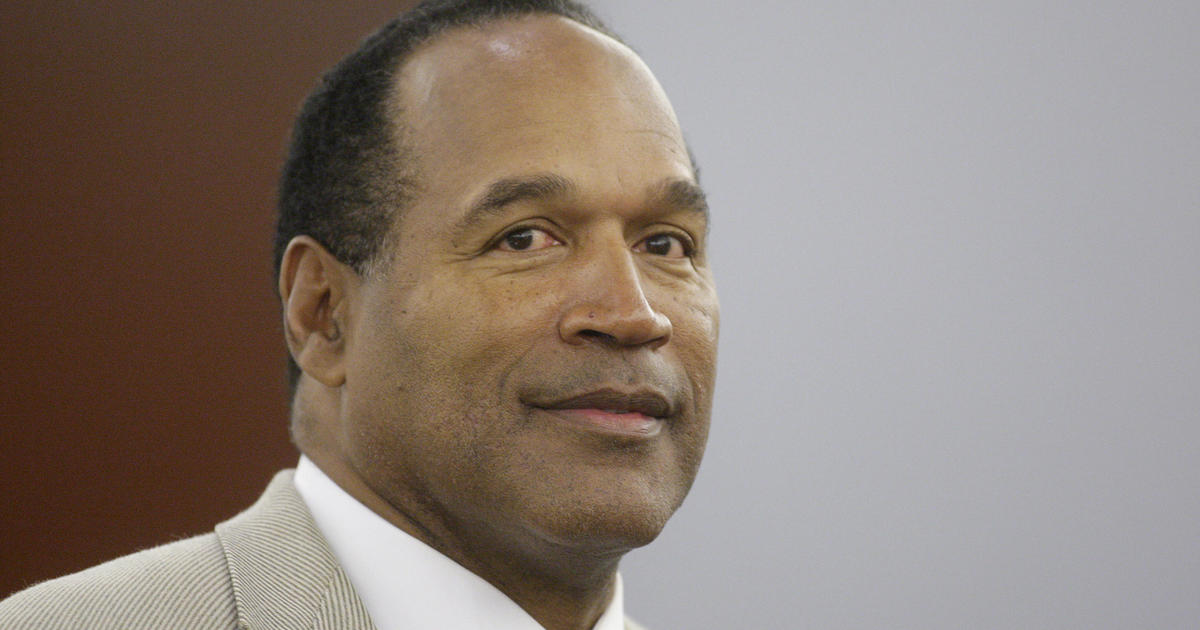San Diego man sues employer for discrimination over natural hair style
An African-American man in California is suing his former employer, alleging that the company denied him a job because he refused to cut his dreadlocks.
Jeffrey Thornton of San Diego filed the discrimination lawsuit last week in a state court. In the lawsuit, Thornton's lawyer, Adam Kent, accuses event planning company Encore Global of denying his client a job as a technical supervisor. An unnamed hiring manager at Encore told Thornton that he needed to first trim his locks off his ears, eyes and shoulders to land the gig, court documents state.
"In order to take the job, Mr. Thornton would have to materially alter his hairstyle, and thus his appearance, cultural identity and racial heritage," according to the lawsuit.
Encore is based in Illinois but the company has an office in San Diego, which is where Thornton applied to work last month. Thornton worked for the company for four years in Florida before being furloughed in March 2020 due to the coronavirus pandemic, the lawsuit states.
Encore said in a statement that Thornton misunderstood what the manager said and that he is welcome to rejoin the company.
"We regret any miscommunication with Mr. Thornton regarding our standard grooming policies — which he appears to fully meet and we have made him an offer of employment," Encore said in an emailed statement, adding that company officials are "reviewing our grooming policies to avoid potential miscommunications in the future."
Thornton's lawsuit also accuses Encore of having a personal appearance policy that discriminates against Black people. He is suing the company for an undetermined amount of compensatory damages.
First case to cite CROWN Act
The Thornton case marks the first time someone has accused an employer of violating California's CROWN Act since the legislation took effect in January 2020. While there have been lawsuits centered on hair discrimination before that, the Thornton case specifically invokes the CROWN Act, experts noted.
The CROWN Act bans companies from discriminating against employees or job applicants based on natural hairstyles, including afros, Bantu knots, braids and cornrows. California became the first state to ban discrimination against natural hair in workplaces. A dozen more states, including New Jersey, New York and Virginia, now have similar legislation. The law draws from decades of Black employees sharing tales of being denied employment or shunned at work for wearing natural hairstyles.
Thornton is a Florida native who handles audio and visual needs for conferences inside hotels. He told CBS MoneyWatch that he started growing his locks in 2019 and that they're now 5 1/2 inches long.
"There was no problem with me growing my hair out there," Thornton said about his time working for Encore in Florida.
Thornton said he moved to San Diego last year in hopes of riding out the coronavirus pandemic and landing a better job in "the number one, or perhaps number two, market in the nation" for hotel conferences.
Trying to shift focus from appearance
Thornton said he was surprised to hear a manager tell him the locks were an issue because he thought California was more laid back than other states. Thornton said he has been doing audiovisual work as a freelancer since the Encore incident. Thornton said he has received Encore's job offer but hasn't decided whether to accept.
Encore made "a clear violation" of the CROWN Act, if what Thornton described in the lawsuit turns out to be true, said Drexel University law professor Wendy Greene, who helped craft California's CROWN Act.
In court, Thornton would likely argue that the length of his hair would have had nothing to do with how well he could perform his work duties, Greene said. If Encore were to argue that it was just trying to make Thornton conform to company appearance policies, then that "signals that locks aren't neat or clean or professional," she said.
"The goal of the CROWN Act is not to compel someone to cut off their hair," Greene said. "We're trying to get [employers] not to worry about what's on top of the head and focus on what's inside the head and all the gifts and talents that flow from that."




